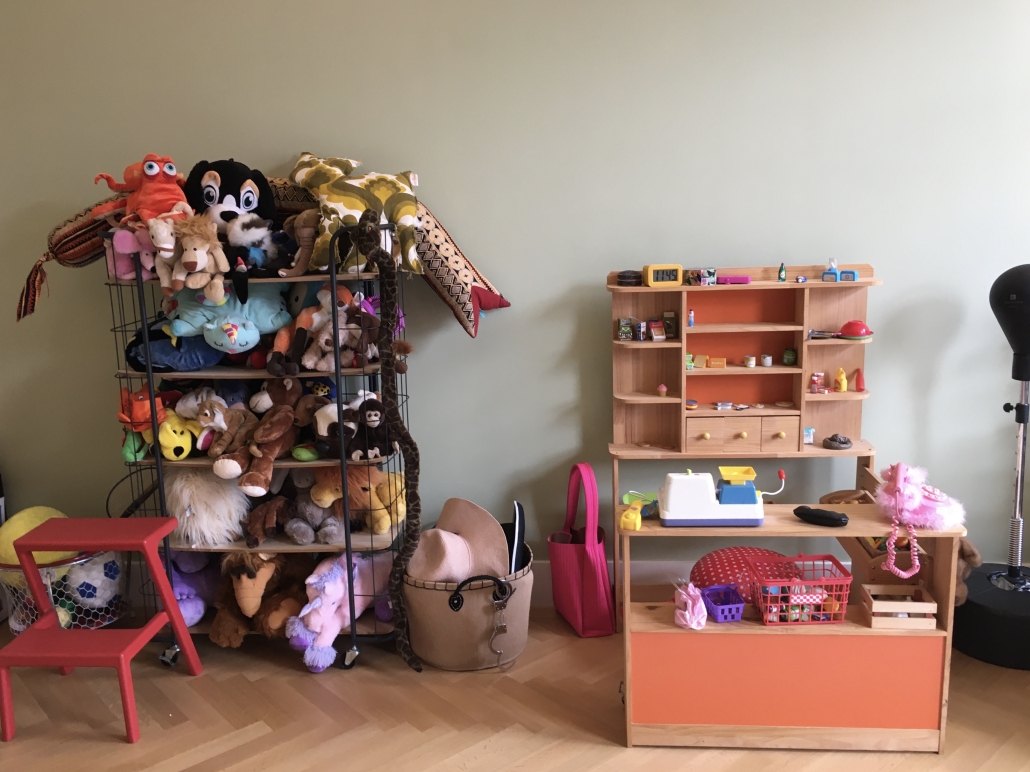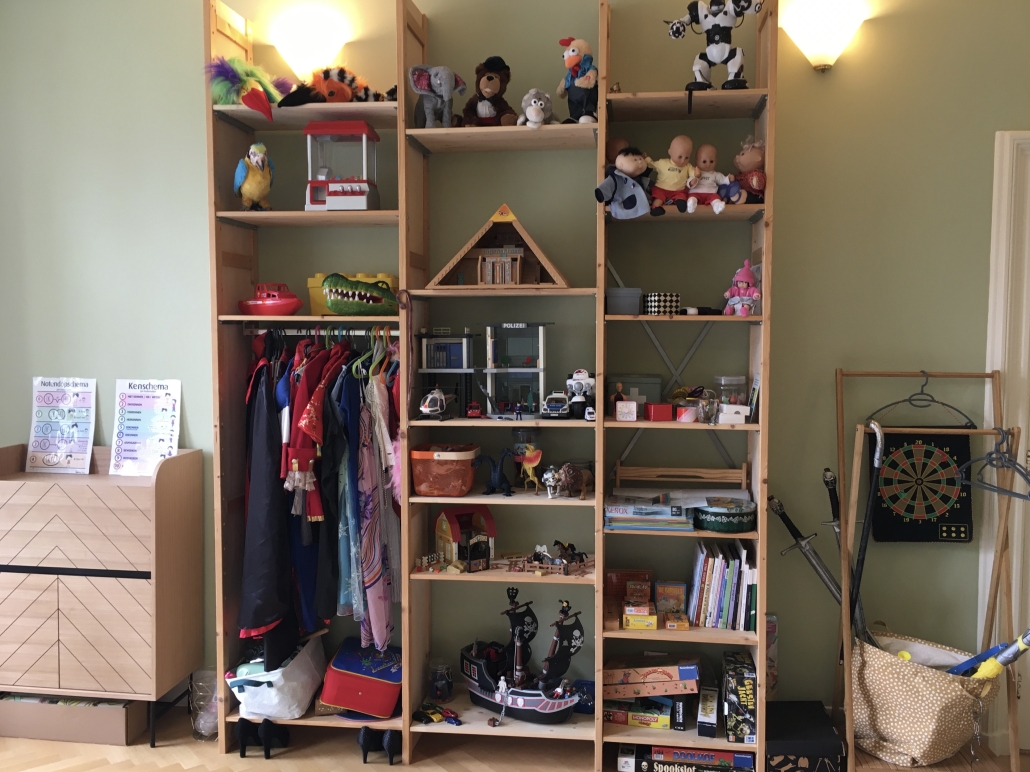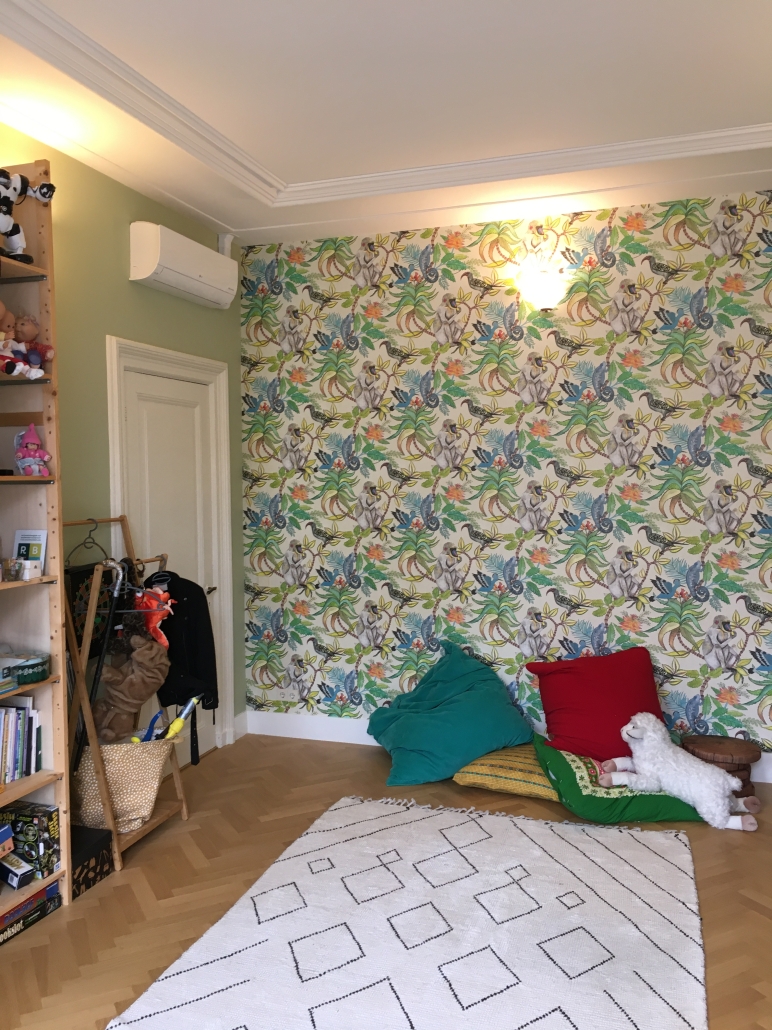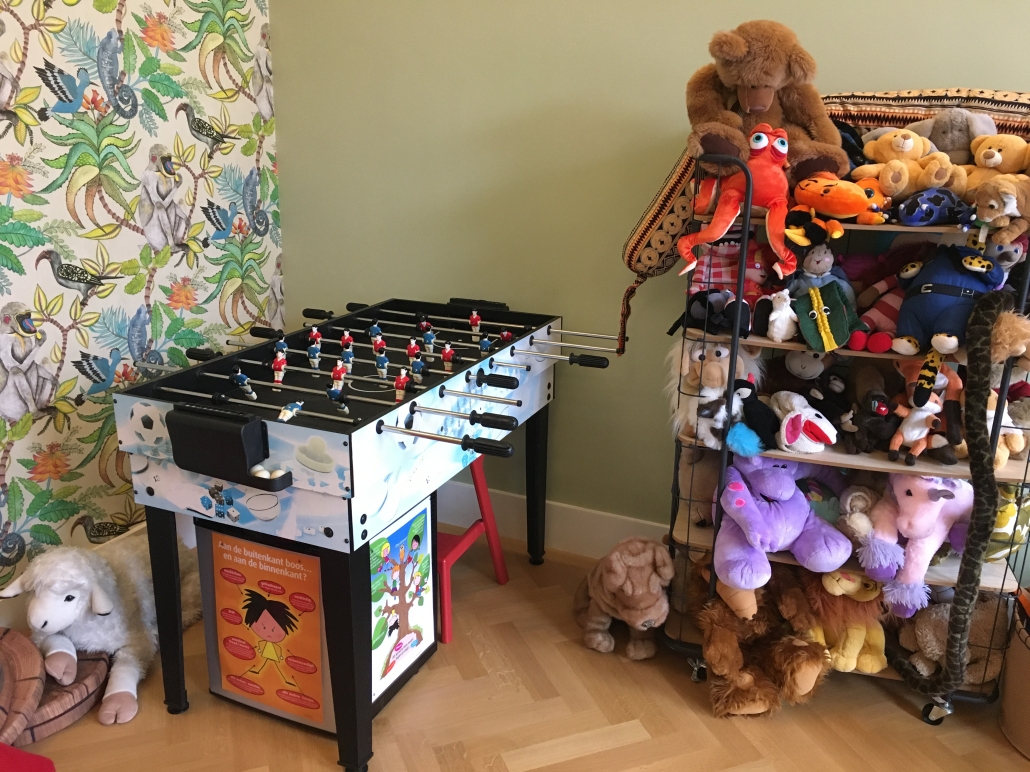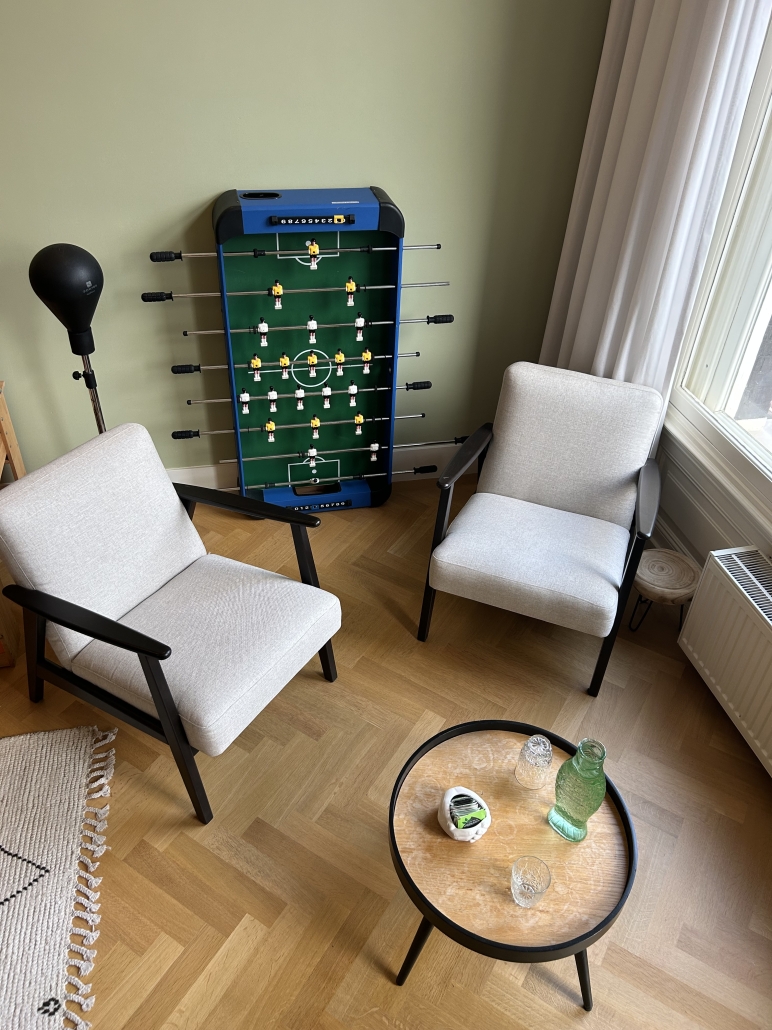You naturally want your child to be happy and full of joy, to feel confident in life, to enjoy going to school, to have friends, and to be able to set their own boundaries. Perhaps you have many more wishes for your child. That’s why it can be so difficult when you notice that your child isn’t feeling well. It’s also tough when there is frequent conflict at home and you sometimes react more strongly than you would like. You may have already tried many things, but nothing seems to help. Please know—you are not alone.
Would you like to give your child some extra support and guidance, so that they feel stronger and more capable of solving problems on their own?
And would you like to reconnect with the positive, relaxed parent you truly are? If so, I invite you to explore my website further. If my approach resonates with you, or if you have any questions, please don’t hesitate to get in touch. We can talk—without obligation—about how I may be able to support you and your child.
In Practice
To give you an idea of how I work, here are a few examples. To protect the privacy of the children, names and situations have been altered.
Anne
When Anne, 7 years old, first came to see me, she grabbed a little sheep hand puppet and refused to let it go. She wanted the sheep to be able to fly. In my practice, I encourage children to bring their own ideas to life, so they grow stronger and develop more confidence.
Anne gave the sheep wings, climbed onto a chair, and let it soar through the air. Together, we imagined all the places the sheep might fly to. Nothing was too far-fetched – and we had a lot of fun. At one point, Anne shared that sometimes she herself wished she could fly away from home.
In the sessions that followed, we explored together what was troubling her at home, and what she could do to feel better. Some things she had to learn to cope with – like the fact that her father was often away for long periods. Other things she could change, for instance by telling her parents what made her happy and what didn’t. She explained that she wished her father would also spend one-on-one time with her, as he did with her brother.
Soon, her parents noticed that Anne’s temper tantrums became less frequent. Anne herself had discovered the key to feeling happier.
Stef
Stef, 8 years old, loved playing games. In every session he chose a new one – but he always changed the rules. Creative and clever, yes, but according to his parents, this behavior cost him friendships: every game ended in arguments.
While we played, I introduced his favorite Ninja figures. They weren’t very happy when Stef kept changing the rules whenever they were about to win. Through the game, Stef realized he was doing this to stay in control – because he felt little control over his own life.
When he told me he wanted to decide more things for himself at home, we looked for ways to make that possible. From our ideas, Stef chose to make a list of tasks he wanted to do on his own, which his parents usually did for him. After talking it over with his parents, he was given more responsibilities.
Gradually, I saw him grow and gain self-confidence. A session on “how to lose gracefully” turned out to be unnecessary in the end: Stef had already mastered it himself.



